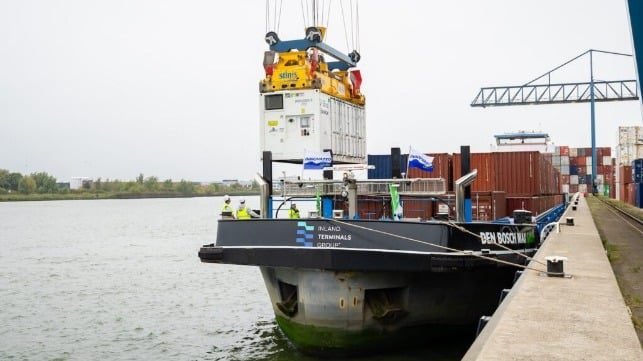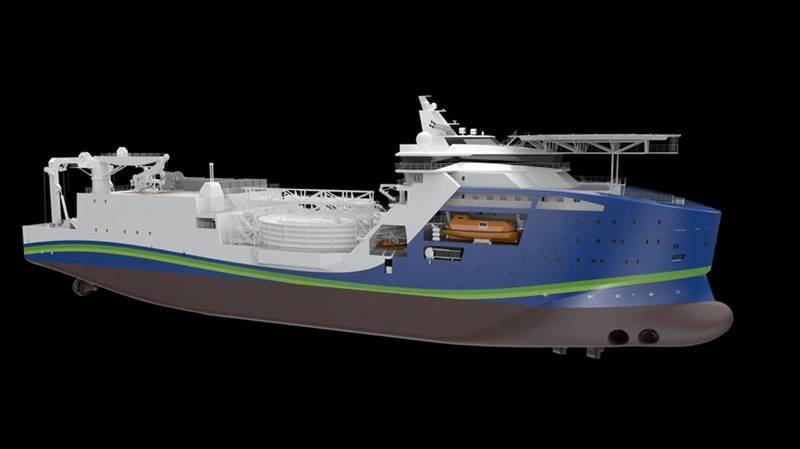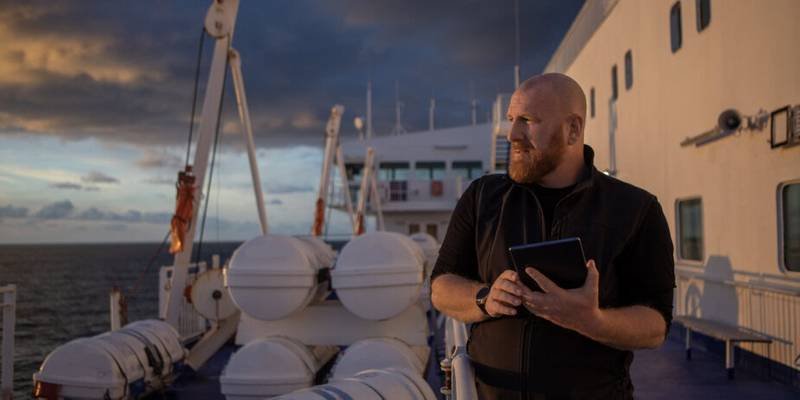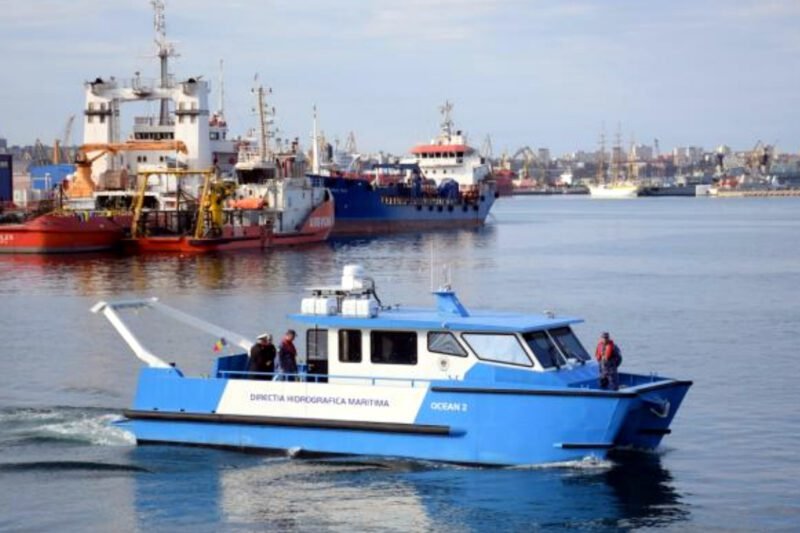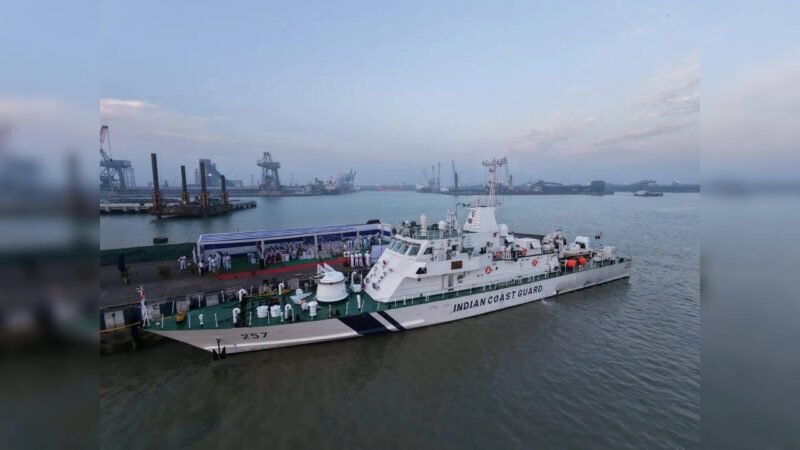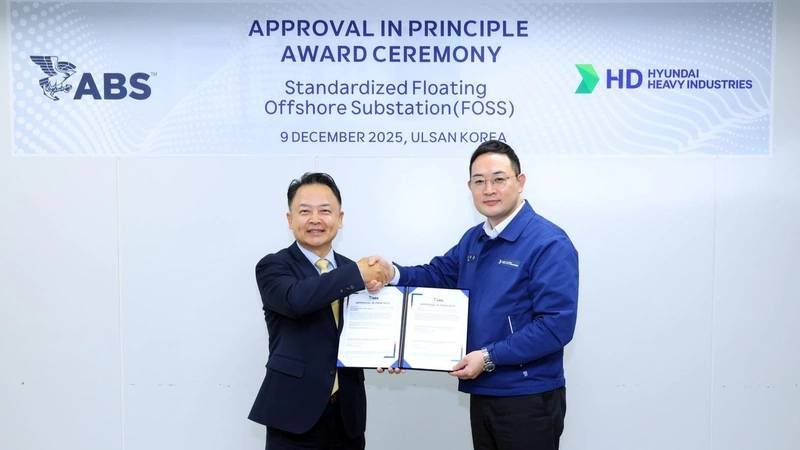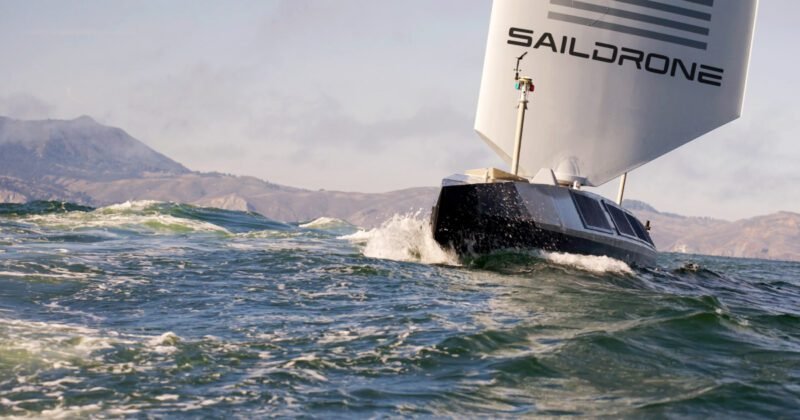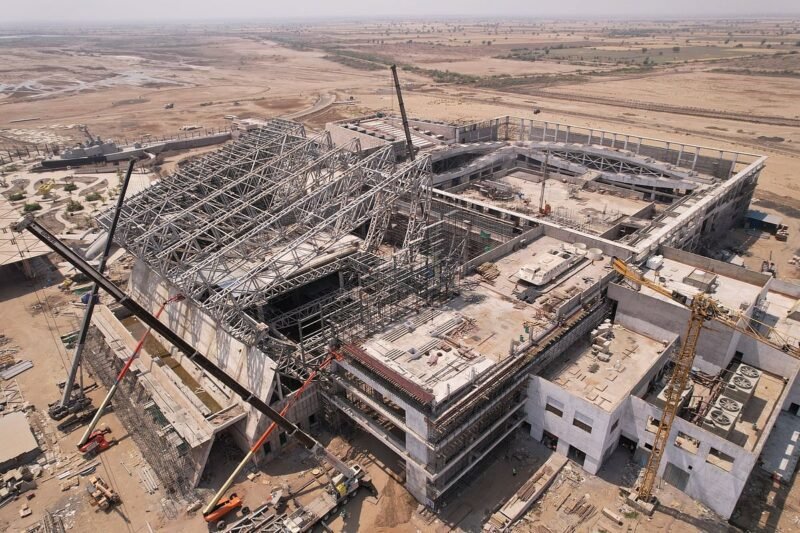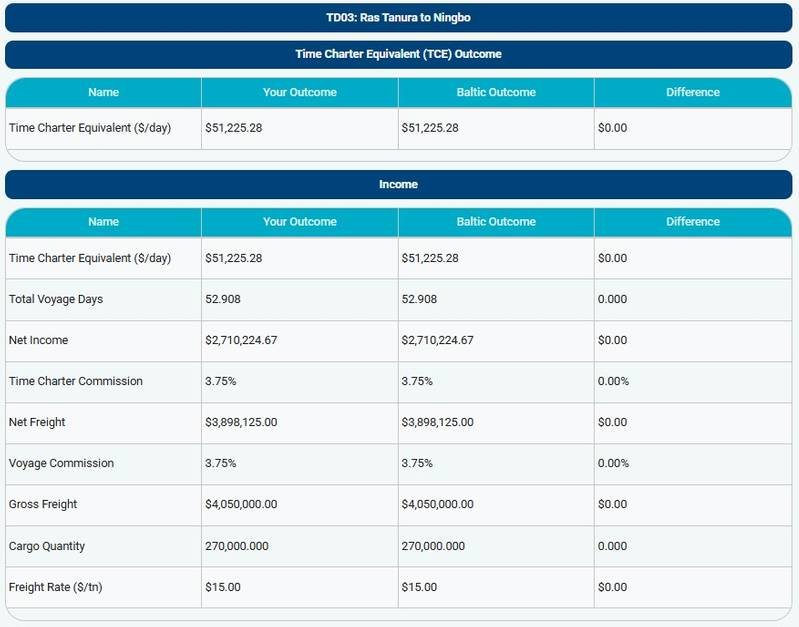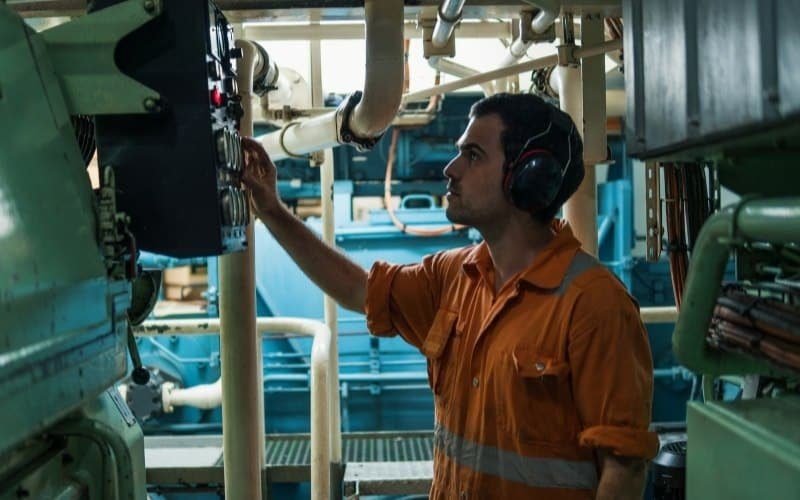Zero Emission Services (ZES), in collaboration with Nefcargo and Inland Terminals Group, has launched its ZES 2.0 service aimed at enhancing electric-powered inland cargo shipping. This new phase introduces advanced containerized battery systems for inland vessels, promoting a more cost-effective model for the industry. The 2.0 Zespacks are designed for easy swapping, allowing ships to quickly exchange depleted batteries at newly established stations in Alphen aan den Rijn, Alblasserdam, and Den Bosch, with plans for more locations in Rotterdam, Moerdijk, and Nijmegen.
By enabling vessels to swap batteries rather than waiting for recharging, ZES aims to streamline shipping operations. This approach not only speeds up delivery times but also allows operators to pay solely for the energy consumed, making battery-electric shipping financially appealing. Additionally, a subsidy program is available to assist shipowners transitioning to battery power. The first vessel utilizing these exchangeable battery containers is the Den Bosch Max Groen, which was delivered in January 2021, boasting a capacity of 132 TEU.
Initially, the battery-powered service was launched to transport Heineken beer, with Nedcargo handling the shipment of approximately 2.5 billion bottles annually to Rotterdam and Antwerp. This operation is expected to reduce CO2 emissions by 800 tonnes each year. The Den Bosch Max Groen will operate on a route between Den Bosch and the Port of Rotterdam, covering about 60 miles each way.
In a broader context, Inland Terminals Group (ITG) emphasizes that this battery initiative is part of its strategic transition towards sustainable transport. CEO Eduard Backer noted the dual operation of battery-electric and hydrogen-powered vessels, highlighting the suitability of hydrogen for longer routes and batteries for shorter distances. With the impending CO2 levy (ETS-2), this transition not only aims to lower environmental impact but also presents potential financial advantages for shippers.
Share it now


